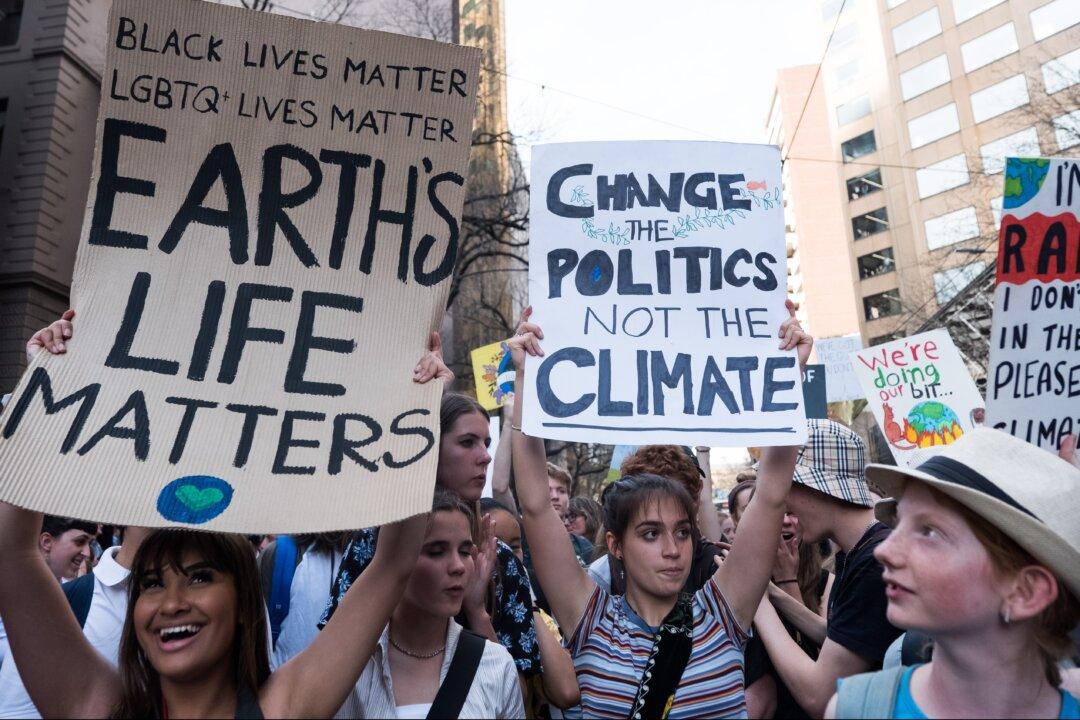Commentary
With the Liberal-National Coalition government about to officially sign onto a 2050 net-zero emissions target, many Australians are wondering what the point of the 2019 election was.


With the Liberal-National Coalition government about to officially sign onto a 2050 net-zero emissions target, many Australians are wondering what the point of the 2019 election was.